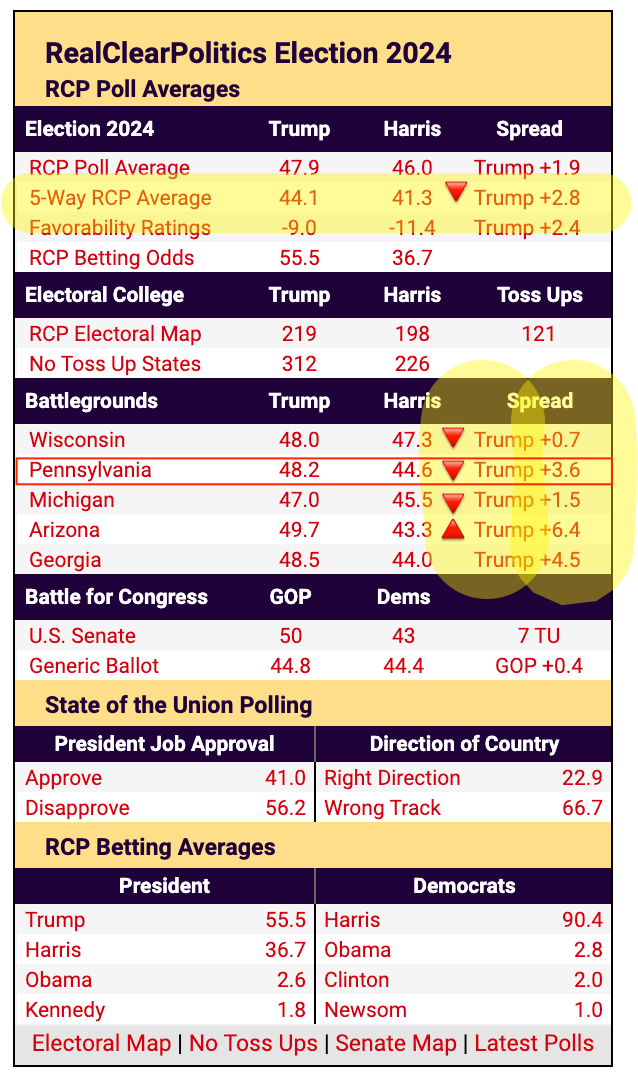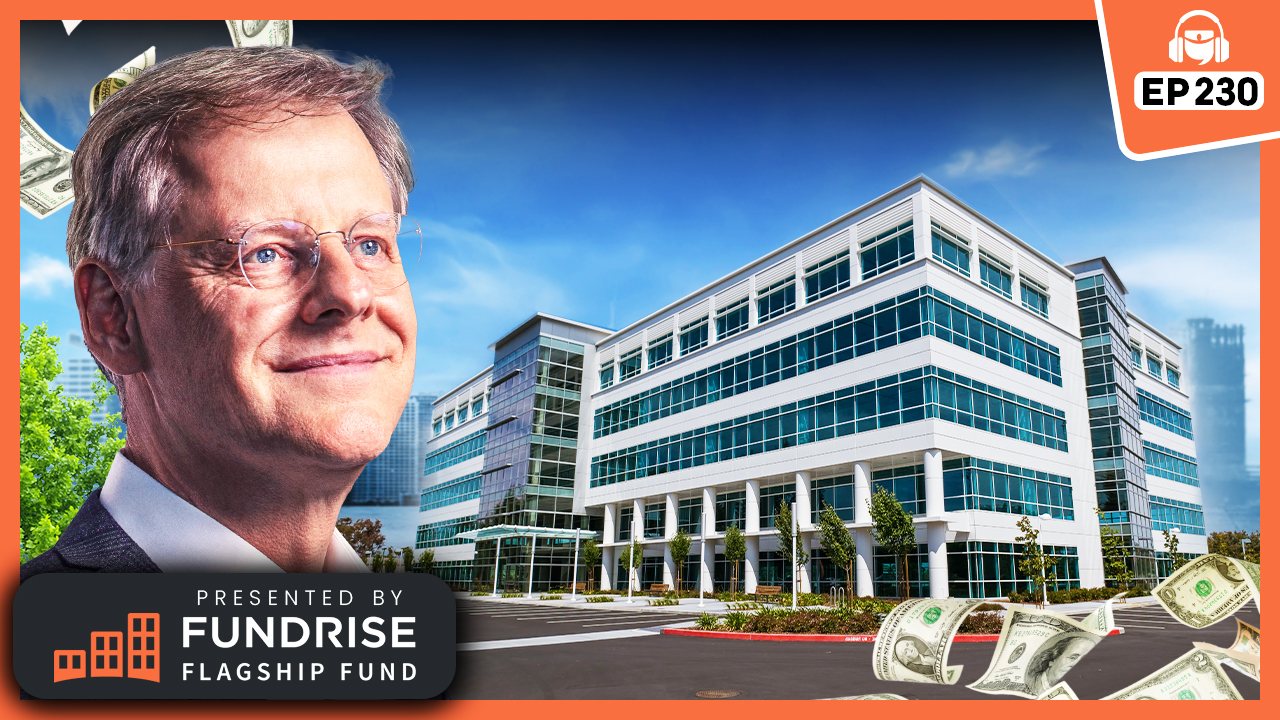Quite often, the hot-button issue of income inequality is caricatured as an outcome of capitalism rather than as a characteristic of all societies across time. Critics of capitalism have a rather romantic version of precapitalist societies. This error stems from a misunderstanding of human societies in general.
Inequality is a permanent fixture in society due to disparities in the distribution of talent. Usually, talent catapults organized groups into leadership positions, and then such groups reinforce their privileges by instituting hierarchies. The entrenchment of hierarchical relationships often results in commoners’ serving elites by providing labor and tribute. From these arrangements emerged rigid caste and class-based systems, where one’s life chances were fixed at birth.
In precapitalist societies, one’s status was woven into a complex web of social obligations. Under capitalism, ambitious people can expect to advance, courtesy of their talents and smart work, but in the typical precapitalist environment, status was linked to elite connections and honoring higher classes. Unlike the romantic visions of precapitalist societies conjured by intellectuals, such societies were likely to be closed societies that limited the mobility of nonelites. Among the Asante of West Africa, royalty and people from chiefly families were given privileged positions. Social divisions were so ingrained in this society that even slave communities had hierarchies.
In a classic article on social distinctions among the Yoruba, anthropologist William Bascom argued that rank is salient in shaping social intercourse. According to Bascom, Yoruba norms permitted an upper-class boy of fifteen to flog a lower-class man of forty at the market if the latter obstructed the former. Bascom claimed that because they feared that elites might use their power to enact punishment, lower-class people rarely retaliated.
In Yoruba, as in many precapitalist societies, kings could expropriate the wealth of their subjects with ease. Kings were not required to solicit permission or to compensate their subjects for the expropriation of property. At the communal level, however, older men exercised tremendous authority over young men, women, and children. Not only were the young required to consult elders in village matters, but elders were entitled to more food and gifts than youngsters at significant events.
Although there were some opportunities for social mobility in Yoruba and Asante, as some highly intelligent slaves and commoners did attain important positions. Such appointments invariably led to new dynasties. When commoners or slaves rose to become warriors or senior political officials, they were rewarded with titles and wealth.
Historian Akosua Perbi in her discussion on mobility in precolonial Asante shares the story of the slave Opoku Frere, who became gyasewahene (head of exchequer). As a result of his diligence and loyalty, Opoku Frere ensured the success of his descendants, who became the beneficiaries of a stool. But, as Perbi explains, such mobility was contingent on loyalty to the crown: “The creation of stools in pre-colonial Asante for people of low status was therefore no casual gesture. It was a mark of great honour and achievement of the highest mobility. . . . In their new political office, these elevated servants continued to serve the king and state faithfully.”
Outside of Africa, precapitalist societies had equally rigid class distinctions and inequality. For example, members of the Aztec nobility were granted the right to wear cotton, construct homes on elevated platforms, and own special types of jewelry. Vast differences in wealth also existed between commoners, with merchants (the pochteca) and artisans being richer than farmers. Commoners were deprived of the right to own land, but many still acquired property via relationships with royals and nobles.
Likewise, tax collectors and other bureaucrats occupied positions of wealth and authority and resided in palatial homes. Inequality in noncapitalist societies is more likely than we assume and more persistent, because individuals are bestowed with privileges that perpetuate the status quo.
The upshot of capitalism is that it undercuts traditional authority, thereby making it easier for market forces to reward talented individuals. Hence, capitalist societies are more mobile and less likely to create special privileges for elites. Research shows that economic freedom promotes less inequality by availing more opportunities to ordinary people.
Economist Niclas Berggren demonstrated in an influential study that policies that aid economic freedom, like trade liberalization and financial deregulation, are correlated with a reduction in inequality. Our paradox is that while markets lead to inequality by driving innovations, market societies also eliminate special privileges that previously resulted in unjust inequality. Therefore, since inequality is a feature of all societies and since market societies engender less inequality and more fairness, then critics ought to advocate for more rather than fewer markets to achieve the goal of fairness.






















